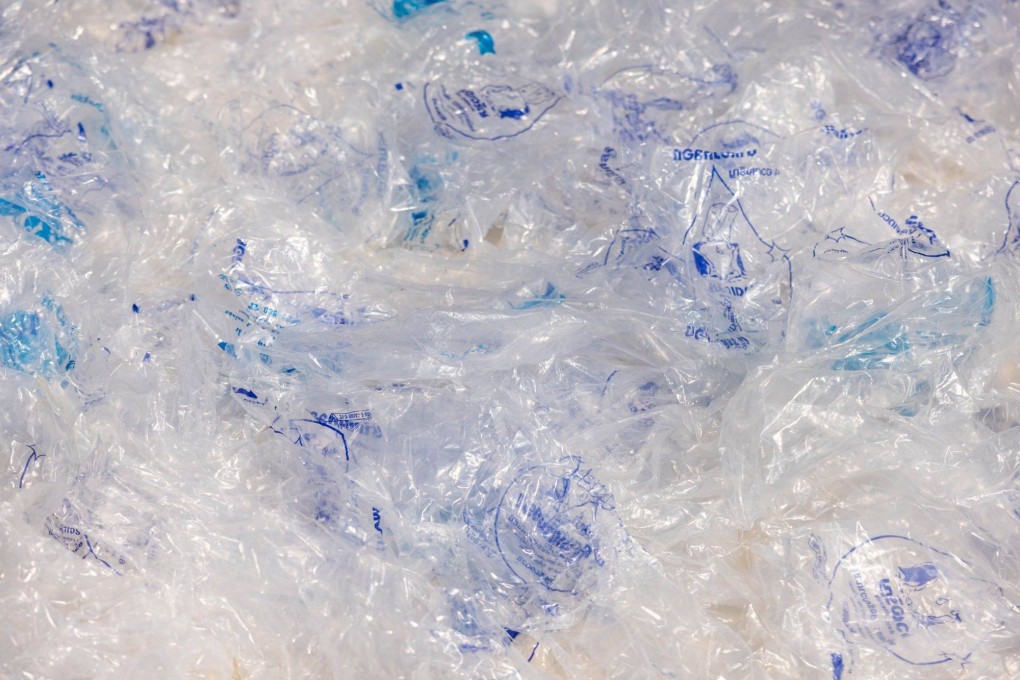Climate change: Petrochemical firms, including Sinopec and PetroChina, fall short on sustainable plastic, research says
- Sinopec and PetroChina ranked among the top seven contributors to global single-use plastic production and waste generation in 2021, new report says
- ‘Only strong regulatory intervention with economic incentives can solve what amounts to market failure,’ says Minderoo Foundation

The global petrochemical industry has failed to expand production of sustainable plastics fast enough to replace those based on fossil fuels, falling short on expected contributions towards limiting greenhouse-gas emissions and ocean pollution, according to research by a non-profit organisation.
“The top 20 petrochemical companies have collectively shown little progress and have a vested interest in maintaining the regulatory status quo,” wrote Dominic Charles and Laurent Kimman of the foundation, which was founded by Australian mining tycoon and philanthropist Andrew Forrest.
“While public and political awareness of the plastics problem has increased markedly, it has so far failed to translate into meaningful impact on virgin polymer production.”

The world generated 139 million tonnes of single-use plastic waste in 2021, the report estimated, up 6 million tonnes or 4.5 per cent from 2019.